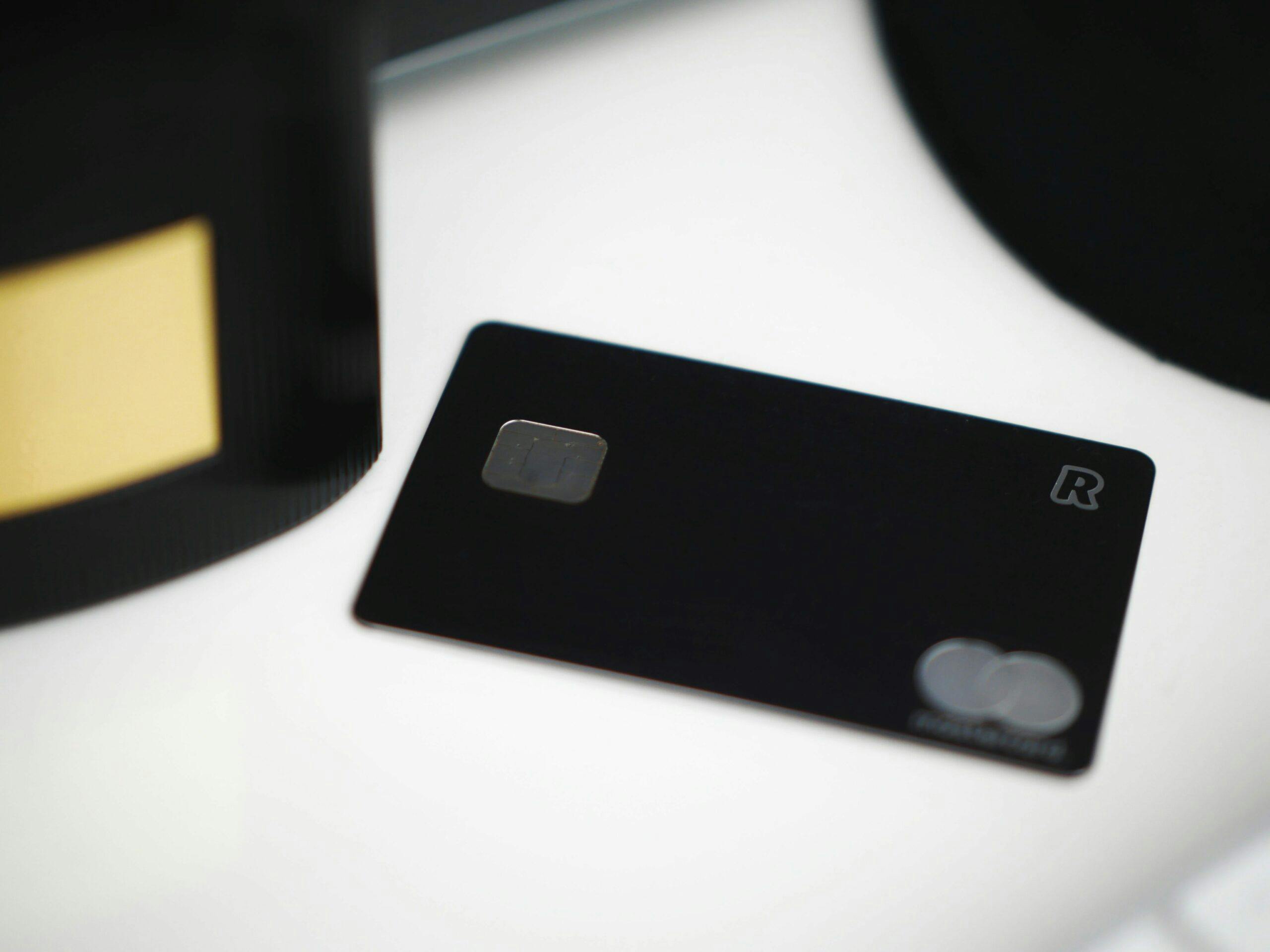Cash advances: how they work and why you should avoid them like the plague
By Mickael Destrempes | Published on 20 Aug 2023

Let’s face it – withdrawing cash or making a transfer from your credit card is pretty much always a bad idea. Taking a cash advance is akin to quenching your thirst with a sip of vodka; it may seem useful right away, but it’s rather counterproductive in the end.
Like everyone else, I’ve made my fair share of regrettable withdrawals and have also overused my credit card on occasion. No one is immune from a financially precarious period. It is in hindsight that I now realize how many unwanted consequences I could have avoided by paying attention to the terms of cash advances. I hope that the following article will help you not make the same mistakes as me.
Obviously, if you take advantage of a promotional offer on balance transfers, that’s another story. Below, we discuss other solutions like this that are more effective than cash advances.
Do I pay more interest on cash advances?
Every credit card has its own terms, but the interest rate on cash advances is often higher than those on purchases. However, regardless of the rate, it is the absence of the grace period that makes all the difference. In other words, as soon as the money is withdrawn or transferred, your financial institution immediately starts calculating interest. With purchases, interest normally begins three weeks after receipt of your monthly account statement.
Let’s look at an example to illustrate how this difference can make a significant difference:
Sophie’s credit card has a 20% interest rate on purchases and cash advances. Her account statement covers the 15th to the 14th of the next month. On April 20, she made a $1000 purchase. She will have approximately until the beginning of June to repay this amount without incurring interest. If, on the same date, she also withdraws $1000 from her card and waits until June to repay the amount, she will pay nearly $20 in interest charges.
It might not seem exorbitant at first glance, but debt is a dangerous game in which you can quickly lose control.
If you have more than one card, be sure to use the one that offers the best conditions for cash advances. For example, the popular National Bank mycredit Mastercard has a rate of 20.99% on purchases and 22.99% on cash advances and balance transfers. Note, however, that at Desjardins, cash advances are generally at the same rate as purchases.
Do I earn rewards points on cash advances and balance transfers?
Making a cash advance or balance transfer does not earn points, cash back, or rewards. The reason is simple: these reward programs are designed to encourage you to make more purchases from merchants that accept Visa and Mastercard. And obviously, your credit card’s insurance protections don’t apply to cash advances.
By the way, if travel points and rewards programs annoy you, opt for the cash back programs. Because they can be applied directly to your account balance, this can sometimes be helpful in the event your month is financially tight.
Do cash advances harm my credit report?
If you occasionally withdraw a sum of cash from your credit card and then repay it quickly, your credit report will be unscathed. One time won’t hurt, as everyone can encounter a sudden financial problem! So rest assured, a small cash advance won’t impede you from buying a home. The problem arises when these withdrawals are frequent, to the point of becoming a common financing tool, as if the card were a line of credit.
A cash advance is not a problem that directly affects your credit score, but overuse is a worrying symptom of poor budget planning. This kind of management often leads to financial trouble, which inevitably ends up affecting your credit report.
Remember that in order to maintain a good credit report or improve your credit score, all you have to do is respect the following principles:
- Pay the monthly payments as agreed.
- Maintain a relatively low debt ratio (+/- 30% of your limits).
- Use, with discretion, a multitude of types of financing over the years (credit cards, loans, a mortgage, etc.).
- Avoid submitting too many credit and financing applications in the same period.
As you can see, frequent cash advances are likely to end up preventing you from following one of these basic rules.
Can I pay a credit card by using another credit card?
If your only option to avoid a late payment on a credit card statement is to withdraw the money from another card, then indeed, a cash advance is less harmful than a late payment. However, it’s an extremely slippery slope upon which many consumers quickly lose their footing.
However, there are promotional offers that allow consumers to pay off a credit card balance by signing up for a new card. Balance transfers at super advantageous rates, sometimes around 0%, can breathe new life into your budget in order to regain the upper hand. In addition to potentially having to pay a 2% fee, this normally requires closing the paid off account. However, this is necessary since, in the end, the objective is to slow down the spiral of debt. So remain vigilant and adhere to a rapid repayment plan to take full advantage of the period of abnormally low rates. If you let it drag on, you’ll end up with the same problem a few months later when the promotional interest rates end.
Moreover, if you recognized that credit cards are your Achilles heel, prepaid credit cards are a solution that reduces the chances of going into debt to the point of having to use cash advances in the event of unforeseen circumstances.
What are better options than cash advances and balance transfers?
The answer is very simple: maintaining a relatively comfortable minimum balance in your bank account and building an emergency fund are the best ways to deal with the unexpected. At best, you’re aiming for a cushion that covers up to three months of spending, but the equivalent of a month is still a good place to start.
A line of credit or overdraft protection on your chequing account are also generally better options than taking a cash advance – but they are not without risks either. If cash advances become a frequent recourse, it is a sign of inadequate budget management, so it may be better to apply for a personal loan or a consolidation loan to stabilize things. The advantage of a loan is that it requires a regular principal repayment that will eventually eliminate the balance. While a line of credit or a mortgage line of credit are generally more advantageous in terms of the interest rate, you risk perpetuating the debt problem. Like a credit card, a line of credit should not be seen as an emergency fund.
So, what should you take away from all this? Cash advances are a tool of last resort. They are expensive in interest costs and they contribute to the risk of falling into the vicious circle of indebtedness. They don’t have a direct impact on your credit report, but overusing them often results in a drop in your credit score. Promotional rate balance transfers, personal loans, and lines of credit are better tools for managing your finances, but they’re not without risk either. Despite the countless terms, conditions and technical details, managing your budget is always a matter of balance, discipline and judgment.
A cash advance here and there doesn’t pose a problem. But ongoing cash advances become messy. Be careful dear friends!
